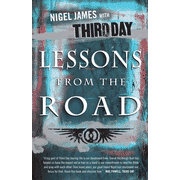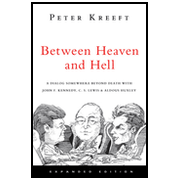Prayer, Politics, and Rick Warren
Much has been written about Pastor Rick Warren’s invitation to give the invocation at President-elect Barack Obama’s inauguration in just a few weeks. Many on the left have been upset about the selection of Pastor Warren because of his stance against homosexual marriage. Some on the right are suggesting that he may be compromising the gospel for the sake of political influence.
Pastor Warren is symbolic of what’s happened to evangelicals over the past 30 or so years. The church has forsaken the gospel in favor of gaining political and cultural influence. As a result, principles have been compromised.
If Pastor Warren truly wants to be effective, then he should take Cal Thomas’ advice and be more like the prophet Nathan:
If Obama plans on having Warren as a presence in his presidency, Warren should seek to model himself more after Nathan the prophet. Nathan confronted King David over his affair with Bathsheba, whose husband, Uriah the Hittite, David sent to the front lines to ensure he would be killed so that David could have his wife. God sent Nathan to David. Nathan told David a story about a rich man who stole a poor man’s lamb rather than take one from his own flock to feed a visitor. Nathan asked David what should happen to such a man. David replied, “that man should surely die.” To which Nathan replied, “You are the man.” (2 Samuel 12)
Nathan’s confrontation led to David’s repentance and one of the most beautiful Psalms ever written (Psalm 51). The point is that Nathan did not compromise Truth, but confronted David with what he had done wrong. How many modern preachers would confront a president like that? Probably not many if they wanted to maintain access.
Former Governor Mike Huckabee wrote this in his book Do The Right Thing quoting his mentor James Robison:
The prophets of old were rarely invited back for a return engagement. In fact, most of them were never invited the first time. They came to speak truth to power regardless of the consequences.
Governor Huckabee goes on to note that one can be a politician or a prophet but never both. My hope is that Pastor Warren will take this opportunity to be a prophet and not worry about being invited by President Obama for another speaking engagement.



